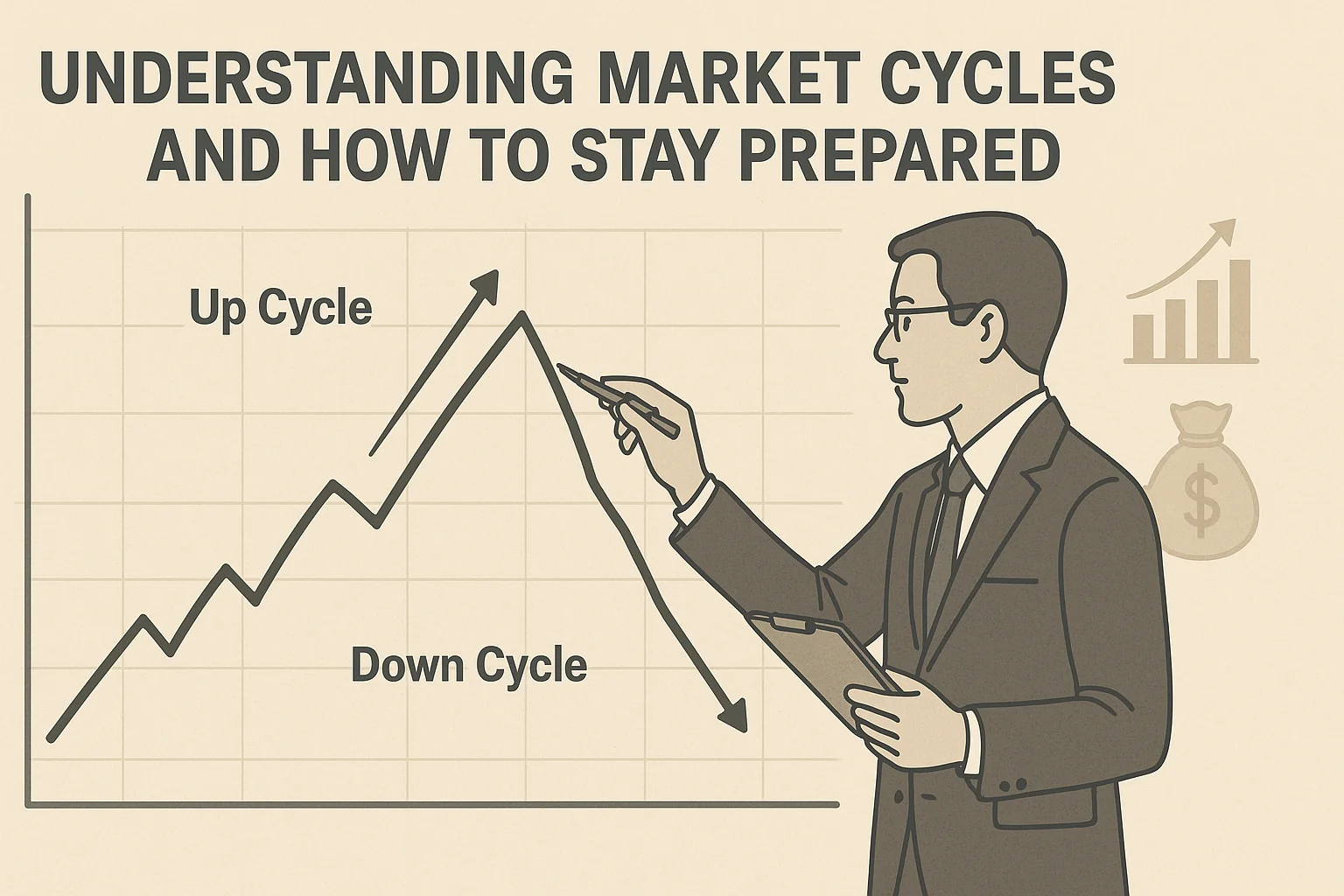Bold Warning on Quality Stocks
A bold warning has been raised in the market about the rising bubble in quality stocks. It is being said that some of the most well-known companies may not give any meaningful returns for the next few years. This is quite unusual because fundamental investors rarely come forward with such strong statements. In fact, most investors usually believe that buying good companies at any price is always a safe bet.

List of Companies Under the Lens
The list includes some of the most respected names like Hindustan Unilever, Maruti, Asian Paints, Nestle, Titan, Dabur, Pidilite, Siemens, Berger, Colgate-Palmolive, ABB, Kansai Nerolac, Whirlpool, Gillette, Honeywell, 3M, Voltas, Bata, Apollo, Astral Poly, Emami, Symphony, TTK Prestige, Bluestar, VIP, and Blue Dart Express. These companies are market leaders in their fields, but the concern is not about their business quality—it is about their valuations.
Valuations at Extreme Levels
Most of these companies are trading at price-to-earnings ratios above 50, and some even close to 100. Their revenue growth over the years has been in single digits or at best in low double digits. Very few of them show earnings growth above 20 percent. While the businesses are solid, the numbers do not justify such high multiples. This raises the risk that investors might be overpaying for safety and quality.
The Risk of Buying at Any Price
The main issue is that quality alone cannot be the only reason to invest. It only answers the question of “what to buy,” but does not answer “when to buy,” “how much to buy,” or “when to sell.” Without these factors, the investment thesis becomes incomplete. Buying at any price may work in short phases, but over the long term it can lead to poor returns even in the best companies.
Importance of a Clear Strategy
Just like momentum investing follows clear principles of what to buy, when to buy, how much to buy, and when to sell, the same discipline is needed even when dealing with quality businesses. Investors must create a strategy that clearly defines why they are getting into a stock, what factors will make them exit, and how much exposure they are comfortable taking. Only then can they avoid getting caught in a bubble.
Final Thoughts
The message is simple: good businesses are not always good investments at every price. Valuation matters. Blindly chasing quality stocks can result in years of flat or poor returns. A well-planned strategy with timing and risk management is the key to long-term success in the market.









